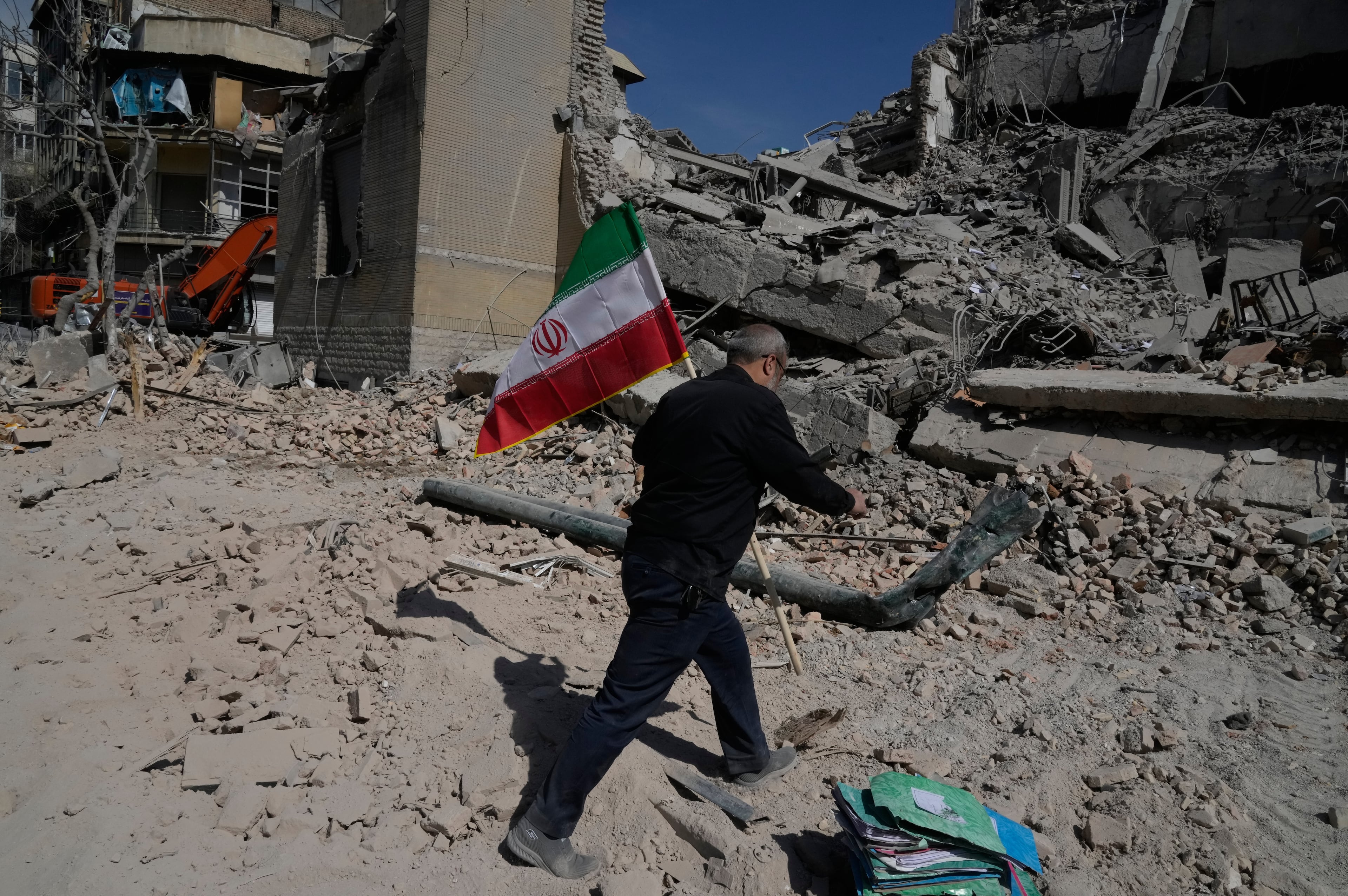North Korea says it has cut last military hotline
Raising tensions with South Korea yet again, North Korea cut its last military hotline with Seoul on Wednesday, saying there was no need to continue military communications between the countries in a situation “where a war may break out at any moment.”
The hotline — a dedicated telephone link between the two militaries — was used mainly to arrange for South Koreans who work at an industrial complex in the North to cross the heavily armed border. When the connection was last severed in 2009, some workers were stranded in the North.
Normal direct telephone communications do not exist between the two countries.
The shutdown of the hotline is the latest of many threats and provocative actions from North Korea, which is angry over U.S.-South Korean military drills and recent U.N. sanctions punishing it for its Feb. 12 nuclear test.
A senior North Korean military official informed the South that all regular military dialogue and communications channels would remain cut until South Korea halts its “hostile acts” against the North.
North Korea recently also cut a Red Cross hotline with South Korea and one with the U.S.-led U.N. command at the border between the Koreas.
The link severed Wednesday has been essential in operating the last major symbol of inter-Korean cooperation: an industrial complex in the North that employs hundreds of workers from the South. It was used to arrange for cross-border shipments and for workers going north and returning to South Korea.
There was no immediate word about the impact on South Korean workers who were at the Kaesong industrial complex.
Outside North Korea, Pyongyang’s actions are seen in part as an effort to spur dormant diplomatic talks to wrest outside aid, and to strengthen internal loyalty to young leader Kim Jong Un and build up his military credentials.
North Korea’s action was announced in a message that its chief delegate to inter-Korean military talks sent to his South Korean counterpart.
“Under the situation where a war may break out any moment, there is no need to keep North-South military communications,” he said. “North-South military communications will be cut off.”
Seoul’s Unification Ministry, which is in charge of relations with the North, called the move an “unhelpful measure for the safe operation of the Kaesong complex.”
The Unification Ministry said only three telephone hotlines remain between the North and South, and those are used only for exchanging information about air traffic.
South Korean officials said about 750 South Koreans were in Kaesong on Wednesday, and that the two Koreas had normal communications earlier in the day over the hotline when South Korean workers traveled back and forth to the factory park as scheduled.
Workers at Kaesong could also be contacted directly by phone from South Korea on Wednesday.
Kaesong is operated in North Korea with South Korean money and know-how and a mostly North Korean work force. It provides badly needed hard currency in North Korea, where many face food shortages.
North Korea’s actions have been accompanied by threatening rhetoric, including a vow to launch a nuclear strike against the United States and a repeat of its nearly two-decade-old threat to reduce Seoul to a “sea of fire.” Outside weapons analysts, however, have seen no proof that the country has mastered the technology needed to build a nuclear warhead small enough to mount on a missile.
In a sign of heightened anxiety, Seoul briefly bolstered its anti-infiltration defense posture after a South Korean border guard hurled a hand grenade and opened fire at a moving object several hours before sunrise Wednesday. South Korean troops later searched the area but found no signs of infiltration, and officials believe the guard may have seen a wild animal, according to Seoul’s Defense Ministry.

